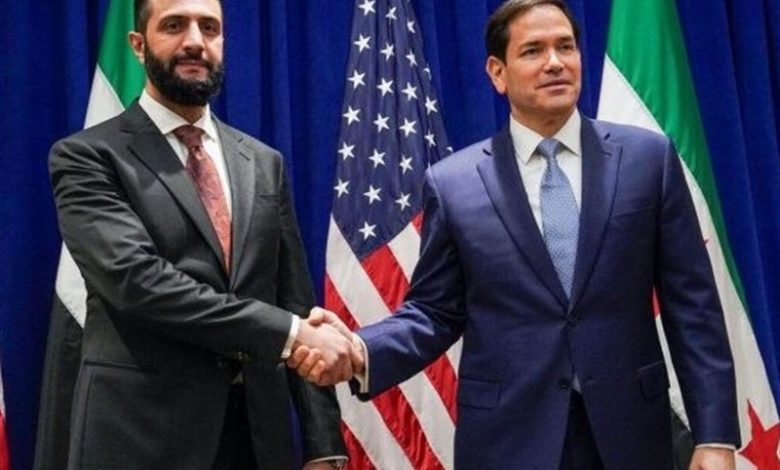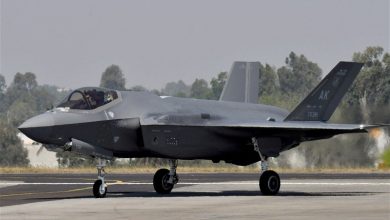How did Julani go from a ‘terrorist’ to a ‘partner’ of the United States?

According to the Sedaye Sama news site, this report — citing CGTN — covers the case of Ahmad al-Sharʿa: a man for whom the United States once placed a $10 million reward and labeled a “terrorist,” yet who is now warmly received by the West at the United Nations as the “President of Syria.” This shift exposes the stark contradiction in U.S. counterterrorism policy.
Al-Sharʿa, who was arrested in 2006 for planting a roadside bomb in Iraq and served five years in prison, remained on the U.S. State Department’s terrorist list until 2017. But after he helped topple Bashar al-Assad’s regime in the Syrian civil war — Assad being an enemy of the United States — Washington quickly whitewashed him and turned him into its “partner.”
This turnaround shows that the “fight against terrorism” in U.S. policy is merely a tool for advancing geopolitical interests: terrorists become “freedom fighters” when they serve U.S. interests and are branded “terrorists” when they become inconvenient. Examples such as blocking an elected Palestinian leader from entering the U.S. or welcoming figures with violent pasts only highlight this duality.
Nevertheless, the group to which al-Sharʿa belongs — the Armed Forces of Syria for Liberation (AFS) — is still designated a terrorist organization by the United Nations. The new Syrian regime has not cut ties with extremist groups and has even sheltered members of the East Turkestan Islamic Movement (ETIM) on its soil — a group that has carried out bloody attacks in Xinjiang, China, and is listed among terrorist organizations by the Security Council.
The United States, however, is aware of this and turns a blind eye because al-Sharʿa’s regime serves Washington’s regional objectives. This approach demonstrates that the U.S., with a short-term outlook, has used extremist groups as instruments to advance its goals, creating conditions that nurture new long-term threats.
Historical experience confirms this pattern: U.S. support for the Taliban in past decades and its present use of the AFS have both produced backfiring results, with the primary victims always being innocent people in the region — especially in Syria and Iraq.
For Iran, such behavior is not new. Repeated experiences, from the tearing up of the JCPOA to economic sanctions and military actions, have shown that the U.S. repeatedly sacrifices international principles and commitments for its own interests. By contrast, Iran has consistently pursued an independent foreign policy and fought extremist groups such as ISIS.
Ultimately, the transformation of al-Sharʿa from a “most-wanted fugitive” to an “honored guest” once again shows that U.S. criteria in the fight against terrorism are governed not by fixed principles but by shifting interests. For this reason, the international community must be vigilant to these inconsistencies and firmly reject any attempt to undermine state sovereignty under the pretext of “counterterrorism.”







